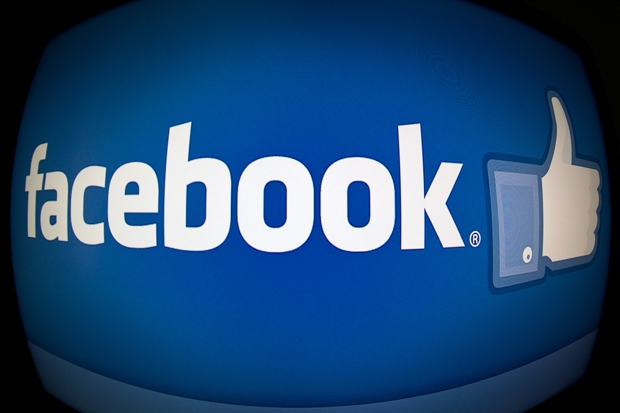I hate Facebook, mostly because it’s full of other people’s happiness. I appreciate this makes me a terrible person, but it’s a bit like being at the wedding of a contemporary whose life has panned out perfectly, leaving you to reflect on your own inadequacies and failures. I know half the happy people on Facebook are probably dying inside, but that’s no consolation.
I’ve long suspected that the site is terrible for people’s mental health, but it’s probably also terrible for the political process, too, helping to drive polarisation, especially in the United States. It’s something that people really don’t appreciate the danger of. Normal decent people who would be horrified by the idea of religious sectarianism fail to appreciate how similar political sectarianism is, and how new media is accelerating it. This piece by the Wall Street Journal shows how a ‘Liberal’ Facebook feed and a ‘Conservative’ Facebook feed can exist.
Being a metropolitan conservative, my Facebook is slightly more like the Liberal blue feed, which is another reason why it’s such a painful experience: watching people I like or even love linking to an article by Frankie Boyle with YES, HE NAILS IT posted underneath really is excruciating. As a medium Facebook works better when people avoid contentious issues; it’s a bit like a dinner party where you invite over lots of friends with different backgrounds, and braying about politics is perhaps not the best way to get everyone to enjoy themselves.
As the Washington Post highlighted, liberals are more likely to unfriend you over politics. I suspect that they are also less likely to have conservative friends than vice versa, and are less tolerant overall on social media. This may perhaps be because the liberal-left is now the prestige, established faith of the western world, so its adherents are naturally more likely to feel theirs is the one true way, and less likely to meet people their own age with different views. It doesn’t help, of course, that the social justice-loving Facebook has been politically curating their stories, as one former staffer admitted, because ‘they had a bias’.
As the technology writer Jarod Lanier warned ages ago, the internet is not leading to democracy but instead increasing cultural and political monopoly. Facebook and Google are now far more powerful than any newspaper or news channel once was. Since both these companies have a social justice bias, shouldn’t we political recusants be worried? Perhaps, but there is the converse argument that social media-led journalism, which increases the proliferation of clickbait articles about identity politics, is actually damaging the liberal-left.
The last decade has seen a huge increase in websites and articles pushing a social justice political slant, among the biggest being Salon and the Huffington Post. As the years have gone by their articles and headlines have become increasing shrill and bizarre, since shrill and bizarre is what people share on social media.
To take just a few examples, here is an article about racism and sexism in the game Zelda. Here’s an article about why North Korea ‘proves your white privilege is not universal’. Here’s one on the question that’s been bothering us all: Is Game of Thrones too white? They’ve also covered Tintin’s history of racism (put up soon after the Brussels massacre); the Seinfeld episodes that are racist and sexist; why Friends is ‘problematic‘. And of course, Salon’s favourite topic of all – white privilege: such as this piece looking at how ‘white privilege is the virus destroying America’.
Before digital media emptied the journalistic profession of jobs and led to the rise of a semi-professional commentariat, opinion writers on the left largely used to discuss real problems. However, provocative opinion writing drives the hits. Conservative media has clickbait too – anything involving Islam or Islamic terrorism tends to drive traffic – but the left’s social justice campaign is arguably more prevalent online.
I always wondered if the dominance of right-wing tabloids in the late 20th century actually harmed conservatism as a movement in Britain, by presenting it as being essentially low status and lacking reason or self-reflection. The popularity of tabloid conservatism probably encouraged more intelligent conservatives to dumb down and become anti-intellectual. It’s now possible that clickbait media will damage the liberal-left by making it appear essentially irrational and shrill, and most damaging of all, low brow.
So, Mr Zuckerberg, keep up the good work!







Comments